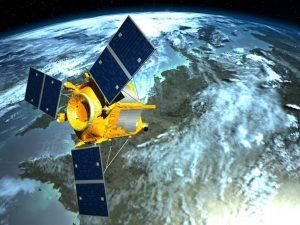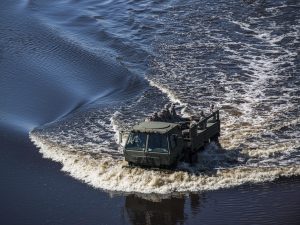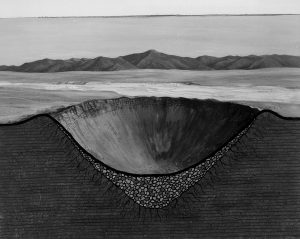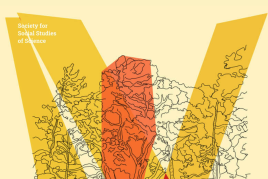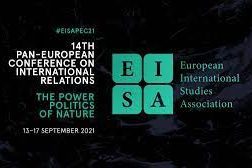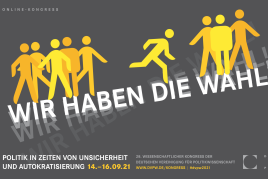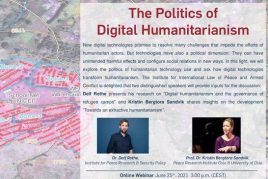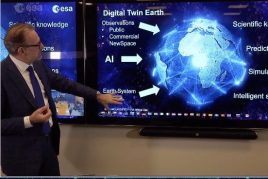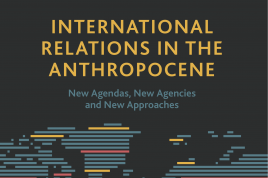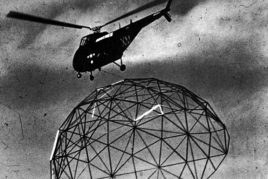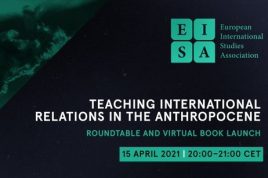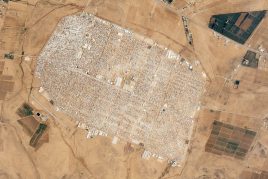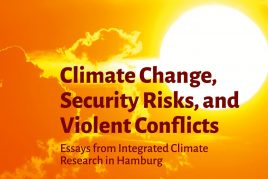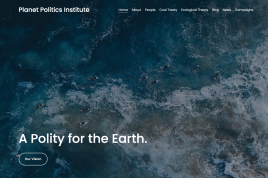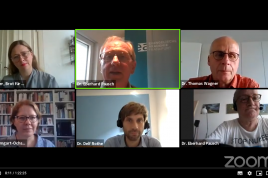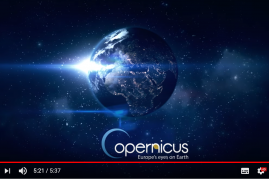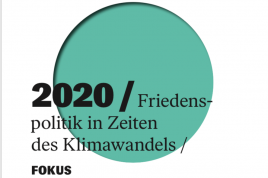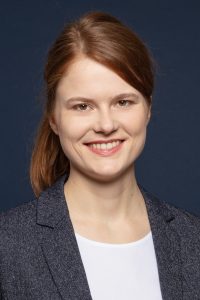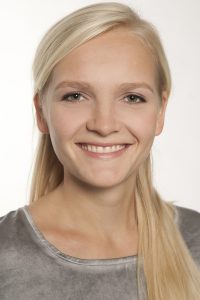The Project
Man-made planetary changes potentially threaten wellbeing and security around the world. But how do we actually know about these risks? How do we see our impact on the planet? How do we anticipate the planetary future? These questions were addressed by the DFG-project The Knowledge Politics of Security in the Anthropocene (04/2018-11/2021).
To anticipate, manage and control the risks of unfolding environmental changes, humans have developed a whole range of instruments and tools. These knowledge practices – including simulation, remote sensing, mapping, or scenario planning – do not simply depict a pre-existing reality. Instead, they bring about multiple versions of the environment and enable different forms of intervention. The research project studies these forms of world-making and their underlying cosmologies in the fields of Climate Science, security policy, and civil protection. It asks how tools and methods of anticipating environmental risks circulate between these different epistemic fields. It traces the actor-networks and their knowledge practices in three in-depth case studies: remote sensing, resilience promotion and geoengineering.
